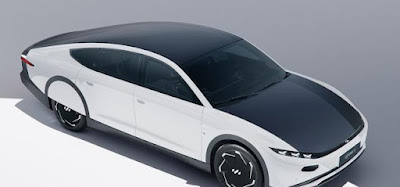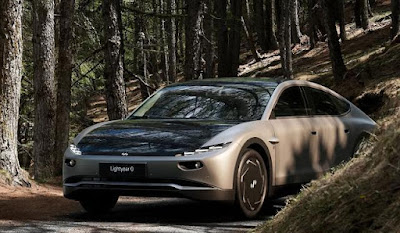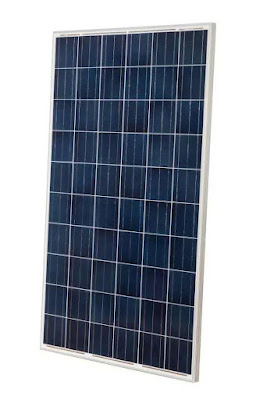On June 9, local time, the Dutch electric car manufacturer Lightyear released their first electric car, the Lightyear 0, and claimed that thanks to the solar array installed in the car, it can almost eliminate the journey to the charging station.
Lightyear claims its optimized solar panels cover the entire roof and hood, allowing drivers to use it for weeks, if not months, without needing to recharge. According to the automaker's press release, the solar system offers a charging speed of 1.05 kW and a cumulative range of up to 10 km/h.
Lightyear 0 will still provide plug-in charging at different rates. Under the charging power of 22kw, it can support 209 kilometers of battery life in one hour, and under the charging power of 60kw, it can support 507 kilometers of battery life in one hour.
Lightyear says the car could have a range of 625km thanks to the 60kWh battery pack, but this is yet to be finalised by the WLTP. Its drag coefficient of 0.19 surpasses that of another electric car, the Lucid Air, which hit 0.21 last year. Interestingly, Lightyear didn't mention the car's performance specs.
Lightyear broke all the rules with plans to use solar panel-based systems in vehicles. In the past, other automakers have tried to use solar panels to increase the range of electric vehicles, but this has not had much of an impact on range and has greatly increased the cost of vehicle production.
In 2017, Tesla CEO Elon Musk said solar panels on cars were "not that useful" because cars are often not large enough to hold enough solar panels to accumulate a lot of energy. "The least efficient place to install solar is in cars," he said at the time.
However, Tesla and other companies may be considering installing solar panel arrays on vehicles, as there may be some advantages in particularly sunny climates. Tesla filed for a patent last year that would install solar panels on the back of a Cyberpick. While the Cyber pickup will go into production early next year, and both Musk and Tesla have confirmed what the all-electric pickup will be equipped with, it's still not ruled out that the company might consider the plan.
The interior of Lightyear 0 is also sustainable and eco-friendly. Materials, such as high-quality fabrics, are vegan and plant-based, which is a strategy adopted by both Tesla and Volvo. The outer body panels are also made from recycled carbon, while the wood trim elements in the cabin are made from sustainably reconstituted rattan palms. The company said it plans to build 946 Lightyear 0 cars, each priced at about $263,000.






No comments:
Post a Comment